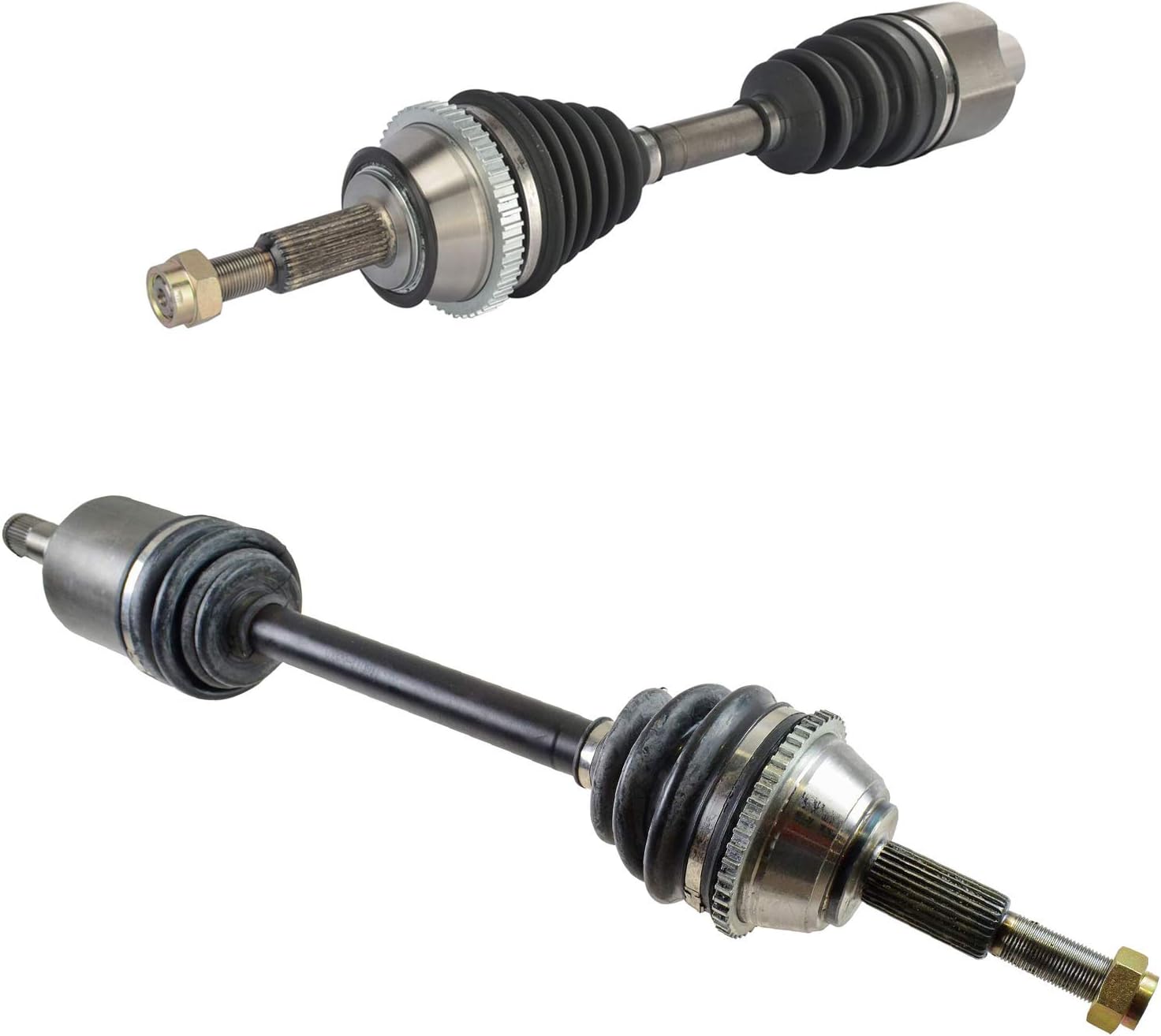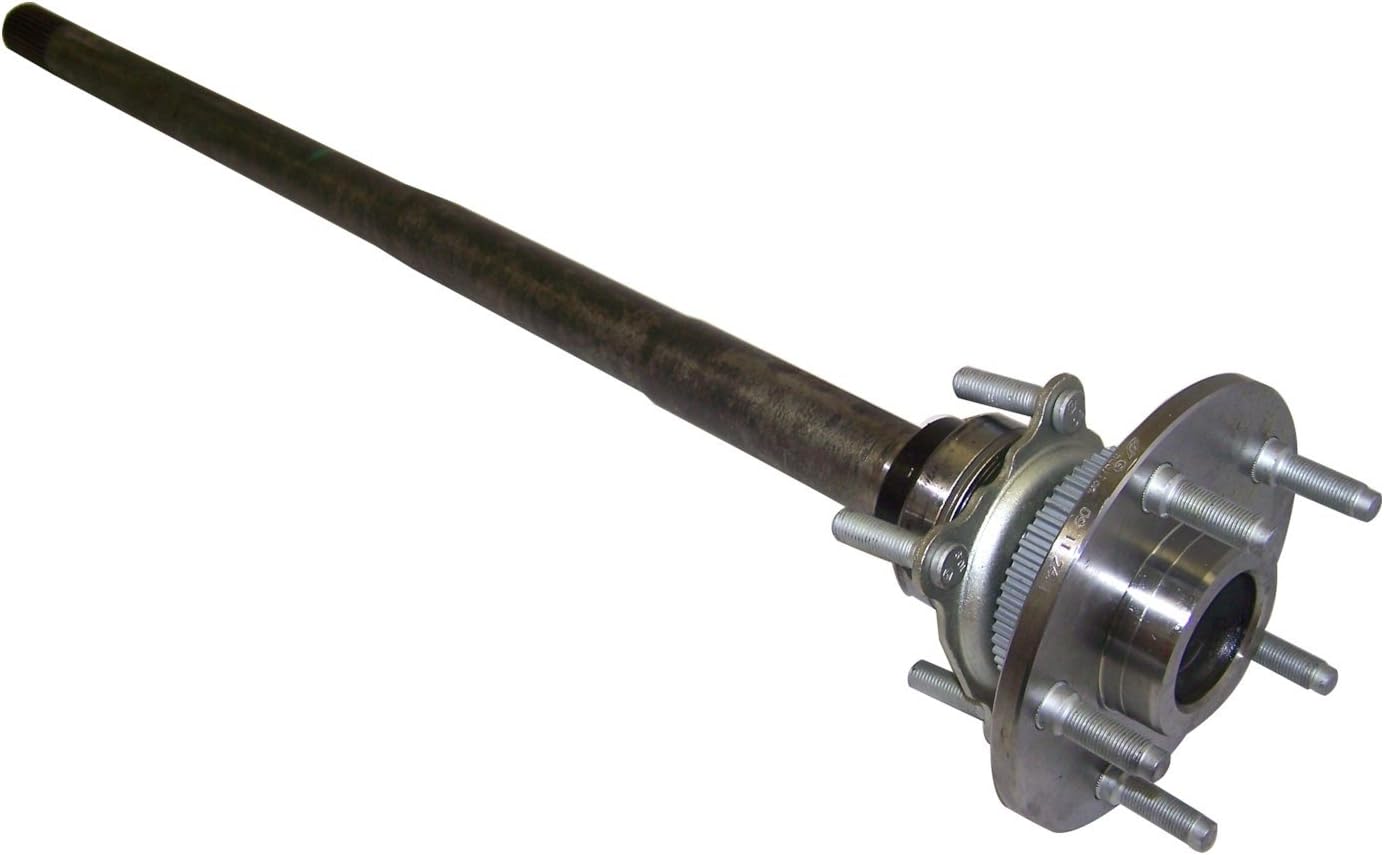Product Description
Product Description
Luen Truck Trailer Parts German BPW Type Axle with Track 1840mm
1. One-piece shaft tube, high strength, comfortable appearance.
2. Compared with other axles of the same load, it is light in weight and low in price.
3. Using non-asbestos friction plate, more environmentally friendly.
4. Adopting international general specifications, maintenance is convenient, fast and low cost.
|
Model |
Capacity |
Track(mm) |
Axle Tube |
Brake Size |
PCD |
Total Length |
Recommended Wheel |
|
LHGA-F12T |
12000 |
1840 |
○127 |
420*180 |
335 |
2165 |
7.5V-20 |
|
LHGA-F14T |
14000 |
1840 |
○127 |
420*200 |
335 |
2185 |
7.5V-20 |
|
LHGA-F16T |
16000 |
1850 |
150 |
420*200 |
335 |
2185 |
7.5V-20 |
Accessories
It adopts high-quality accessories from major brands at home and abroad, and global standard German
axle specifications. It has strong practicability, low price and convenient maintenance.
Axle
The factory produces its own shaft tube with quality assurance and cost advantage. The assembly process
strictly abides by international quality standards to create high-quality products.
Company Profile
Other Products
Certifications
The factory has obtained ISO9001 certification and Alibaba SGS certification, and has more
than a dozen patent certificates. It is a famous brand enterprise in China.
Customer Photos
Our company team participates in more than 10 exhibitions at home and abroad every year,
visiting and receiving customers dozens of times, and welcomes every customer’s inquiry and
factory inspection.
Packaging & Shipping
Contact Us
| Type: | Rear Axles |
|---|---|
| Certification: | ISO9001 |
| Loading Weight: | 14t |
| ABS: | With ABS |
| Tent Type: | Simple |
| Axle Number: | 3 |
| Samples: |
US$ 360/units
1 units(Min.Order) | |
|---|
| Customization: |
Available
| Customized Request |
|---|

Are there guidelines for choosing the right axle for towing heavy loads?
When it comes to towing heavy loads, selecting the appropriate axle is crucial for ensuring safe and efficient towing performance. While the specific guidelines may vary depending on the vehicle and towing requirements, there are general considerations to keep in mind when choosing the right axle. Here’s a detailed explanation of the guidelines for selecting the right axle for towing heavy loads:
Gross Axle Weight Rating (GAWR):
One of the primary factors to consider is the Gross Axle Weight Rating (GAWR) provided by the vehicle manufacturer. The GAWR specifies the maximum weight that an axle is designed to support safely. It is essential to ensure that the selected axle’s GAWR is sufficient to handle the anticipated weight of the loaded trailer and any additional cargo or passengers in the towing vehicle. Exceeding the GAWR can lead to axle failure, compromised handling, and safety risks.
Towing Capacity:
Check the towing capacity of your vehicle, which represents the maximum weight that the vehicle is rated to tow. The axle’s capacity should align with the towing capacity to ensure safe and efficient towing. Consider the type and size of the trailer you intend to tow, including its loaded weight, tongue weight, and any weight distribution considerations. The axle should be capable of handling the anticipated load without exceeding its capacity.
Matching Axle and Suspension:
The axle and suspension system work together to support the weight of the vehicle and the trailer being towed. It is important to ensure that the axle and suspension are properly matched to provide adequate support and stability. Consider the type of suspension (leaf springs, coil springs, air suspension) and the axle’s design (solid axle, independent suspension) to ensure compatibility and optimal towing performance.
Braking System:
When towing heavy loads, the braking system plays a critical role in maintaining control and safety. Ensure that the axle is equipped with appropriate brakes that can handle the increased load. Consider the type of brakes, such as electric brakes or hydraulic brakes, and their capacity to provide sufficient stopping power for the combined weight of the towing vehicle and trailer.
Weight Distribution:
Proper weight distribution is essential for safe towing. The axle should be selected based on the anticipated weight distribution between the towing vehicle and the trailer. Consider factors like tongue weight and the use of weight distribution hitches or sway control devices to ensure balanced weight distribution and optimal handling characteristics.
Consult Manufacturer Recommendations:
Always refer to the vehicle manufacturer’s recommendations, specifications, and guidelines when selecting an axle for towing heavy loads. The manufacturer’s guidelines will provide accurate and vehicle-specific information to help you make the right choice. Consult the owner’s manual or contact the manufacturer directly for any specific towing-related recommendations.
It’s important to note that towing requirements and axle specifications can vary depending on the vehicle make and model, as well as regional regulations. It is advisable to consult with automotive experts, such as mechanics or dealerships, who have expertise in towing and can provide specific recommendations based on your vehicle and towing needs.

Can you recommend axle manufacturers known for durability and reliability?
When it comes to choosing axle manufacturers known for durability and reliability, there are several reputable companies in the automotive industry. While individual experiences and preferences may vary, the following axle manufacturers have a track record of producing high-quality products:
1. Dana Holding Corporation: Dana is a well-known manufacturer of axles, drivetrain components, and sealing solutions. They supply axles to various automotive manufacturers and have a reputation for producing durable and reliable products. Dana axles are commonly found in trucks, SUVs, and off-road vehicles.
2. AAM (American Axle & Manufacturing): AAM is a leading manufacturer of driveline and drivetrain components, including axles. They supply axles to both OEMs (Original Equipment Manufacturers) and the aftermarket. AAM axles are known for their durability and are often found in trucks, SUVs, and performance vehicles.
3. GKN Automotive: GKN Automotive is a global supplier of driveline systems, including axles. They have a strong reputation for producing high-quality and reliable axles for a wide range of vehicles. GKN Automotive supplies axles to various automakers and is recognized for their technological advancements in the field.
4. Meritor: Meritor is a manufacturer of axles, brakes, and other drivetrain components for commercial vehicles. They are known for their robust and reliable axle products that cater to heavy-duty applications in the commercial trucking industry.
5. Spicer (Dana Spicer): Spicer, a division of Dana Holding Corporation, specializes in manufacturing drivetrain components, including axles. Spicer axles are widely used in off-road vehicles, trucks, and SUVs. They are known for their durability and ability to withstand demanding off-road conditions.
6. Timken: Timken is a trusted manufacturer of bearings, seals, and other mechanical power transmission products. While they are primarily known for their bearings, they also produce high-quality axle components used in various applications, including automotive axles.
It’s important to note that the availability of specific axle manufacturers may vary depending on the region and the specific vehicle make and model. Additionally, different vehicles may come equipped with axles from different manufacturers as per the OEM’s selection and sourcing decisions.
When considering axle replacements or upgrades, it is advisable to consult with automotive experts, including mechanics or dealerships familiar with your vehicle, to ensure compatibility and make informed decisions based on your specific needs and requirements.

How do solid axles differ from independent axles in terms of performance?
When comparing solid axles and independent axles in terms of performance, there are several key differences to consider. Both types of axles have their advantages and disadvantages, and their suitability depends on the specific application and desired performance characteristics. Here’s a comparison of solid axles and independent axles:
| Aspect | Solid Axles | Independent Axles |
|---|---|---|
| Load-Bearing Capability | Solid axles have high load-bearing capability due to their robust and sturdy construction. They can handle heavy loads and provide excellent stability, making them suitable for off-road vehicles, heavy-duty trucks, and towing applications. | Independent axles typically have lower load-bearing capability compared to solid axles. They are designed for lighter loads and offer improved ride comfort and handling characteristics. They are commonly used in passenger cars, sports cars, and vehicles with a focus on maneuverability and road performance. |
| Wheel Articulation | Solid axles have limited wheel articulation due to their connected and rigid design. This can result in reduced traction and compromised wheel contact with the ground on uneven terrain. However, solid axles provide excellent traction in situations where the weight distribution on all wheels needs to be maintained, such as in off-road or rock-crawling applications. | Independent axles offer greater wheel articulation as each wheel can move independently of the others. This allows the wheels to better conform to uneven terrain, maximizing traction and maintaining contact with the ground. Independent axles provide improved off-road capability, enhanced handling, and better ride comfort. |
| Ride Comfort | Due to their rigid design, solid axles generally provide a stiffer and less compliant ride compared to independent axles. They transmit more road shocks and vibrations to the vehicle’s occupants, resulting in a rougher ride quality. | Independent axles are known for providing better ride comfort. Each wheel can react independently to road imperfections, absorbing shocks and vibrations more effectively. This leads to a smoother and more comfortable ride, particularly on paved roads and surfaces with minor irregularities. |
| Handling and Stability | Solid axles offer excellent stability due to their connected nature. They provide better resistance to lateral forces, making them suitable for high-speed stability and towing applications. However, the rigid axle design can limit overall handling and maneuverability, particularly in tight corners or during quick direction changes. | Independent axles generally offer improved handling and maneuverability. Each wheel can react independently to steering inputs, allowing for better cornering performance and agility. Independent axles are commonly found in vehicles where precise handling and responsive steering are desired, such as sports cars and performance-oriented vehicles. |
| Maintenance and Repair | Solid axles are relatively simpler in design and have fewer moving parts, making them easier to maintain and repair. They are often more resistant to damage and require less frequent servicing. However, if a component within the axle assembly fails, the entire axle may need to be replaced. | Independent axles are typically more complex in design and have multiple moving parts, such as control arms, CV joints, or bearings. This complexity can result in higher maintenance and repair costs. However, if a failure occurs, only the affected component needs to be replaced, reducing repair expenses compared to replacing the entire axle. |
It’s important to note that advancements in suspension and axle technologies have resulted in various hybrid systems that combine features of solid and independent axles. These systems aim to provide a balance between load-bearing capability, wheel articulation, ride comfort, and handling performance based on specific application requirements.
In summary, solid axles excel in load-bearing capability, stability, and durability, making them suitable for heavy-duty applications and off-road conditions. Independent axles offer improved ride comfort, better wheel articulation, enhanced handling, and maneuverability, making them suitable for passenger cars and vehicles focused on road performance. The choice between solid axles and independent axles depends on the specific needs and priorities of the vehicle or machinery.


editor by CX 2023-11-17